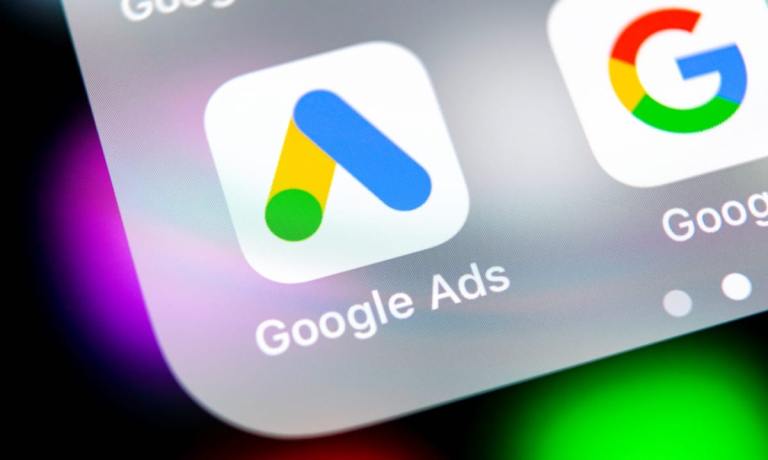Google to Make AI-Powered Ads Based on Human Marketing

Google is reportedly adding generative artificial intelligence (AI) to its advertising operations.
The company will in the coming months use the technology to craft ads based on material created by human marketers, the Financial Times reported Wednesday (April 19), citing an internal company presentation titled “AI-powered ads 2023.”
It’s the latest example of the Big Tech sector’s continued embrace of AI, with Google’s CEO recently comparing the technology to the discovery of fire or electricity, while also warning society isn’t prepared for its rapid development.
According to the FT, Google’s ad business already uses AI to create prompts encouraging users to purchase products.
But by integrating its newest generative AI — the same one behind Google’s Bard chatbot — the company can produce much more advanced campaigns, similar to the ones created by marketing agencies, the report said.
Google’s presentation said advertisers can put forward “creative” content like images, video and text for campaigns, and the AI will “remix” this content to make ads based on target audiences.
A person familiar with Google’s presentation told the FT they were concerned the tool could spread misinformation, as text produced by AI chatbots can state falsehoods with confidence.
“It is optimized to convert new customers and has no idea what the truth is,” the person said.
These sorts of concerns have led to calls for regulation of AI, but as PYMNTS wrote earlier this week, the rapid development of the technology is “proving to be a challenge for regulators and lawmakers around the world as they race to address them.”
Among the more recent calls for added AI oversight was a letter Monday (April 17) from a group of European lawmakers who wish to make sure AI legislation moves “the development of very powerful artificial intelligence in a direction that is human centric, safe and trustworthy,” adding that the topic requires “significant political attention.”
It’s part of what PYMNTS has called a “regulation-innovation” tug of war, with companies rolling out AI-related innovations as governments call for a closer look at the technology.
Samsung is reportedly considering switching its default smartphone search engine from Google to Microsoft’s OpenAI-powered Bing, a move that has reportedly prompted Google to jumpstart efforts to rebuild its search engine.
Meanwhile, Twitter owner Elon Musk has announced his plans to launch a generative AI company to compete with OpenAI, “the developer behind the buzzy ChatGPT AI tool that kicked off the contemporary tech arms race,” PYMNTS wrote.